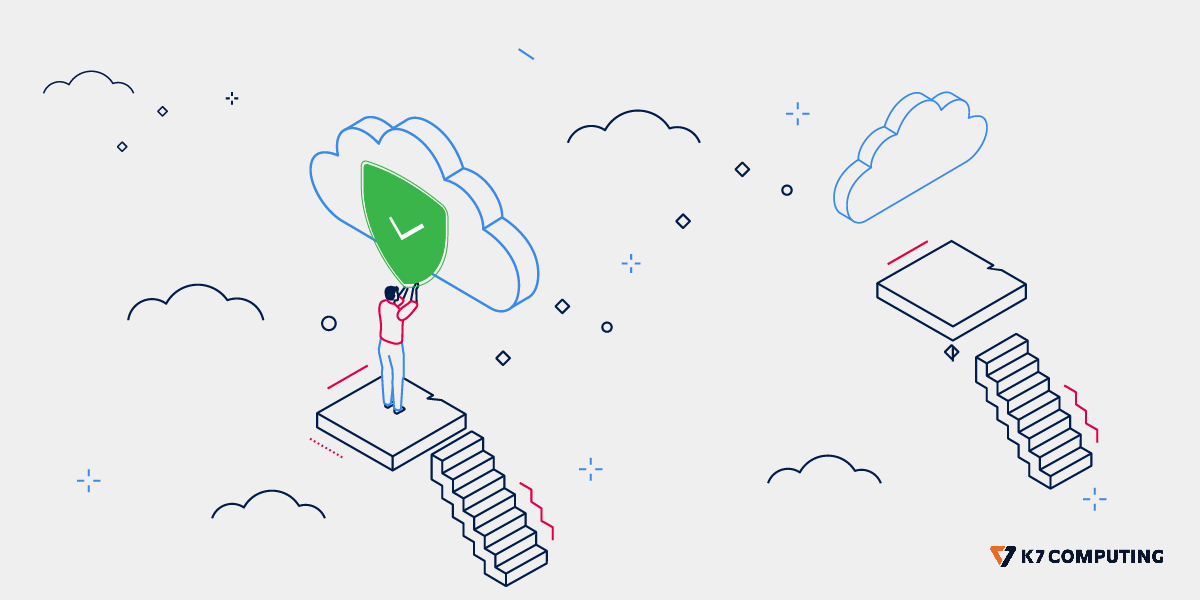The arrival of Cloud storage has made the job simpler for most around us. Whether it’s a large enterprise, SME, SOHO or an end-user; Cloud storage as a service offers immense power and flexibility for its ability to provide create/subscribe, deploy and maintain data with ease. Gone are the days when business houses had to spend a fortune to buy gigantic RAID storage drives. The availability of Cloud lets you store huge volume of data for a throwaway price which can be accessible, uploaded or edited in real-time.
The other half is immensely dangerous. The power offered by Cloud comes with its pitfalls too. With the availability of a plethora of affordable Cloud vendors, customers often pick a small and somewhat risky vendor which leads them to a likely data breach.
Every day some such breaches grab the media headline, tipping some significant data loss, credit card theft, and so on.
It hardly matters whether you host your data on a virtual or physical server. To keep your data safe from prying eyes, you should manage your Cloud storage carefully by embracing the following tips-
Take Backups
Even though the data stored in Cloud is easy to maintain, you should always keep a backup of your entire data somewhere physically. This backup comes useful and handy if you/ your enterprise comes across any disaster.
Embrace Encryption
Encrypting vast volume of data is cumbersome and expensive, but it’s a must for the security of your worthy business data. Unencrypted data often lead to a severe data breach, causing immense harm to an enterprises reputation. Adopting encryption while keeping your data in the Cloud can be achieved either by using hybrid hardware or encrypting your data locally before uploading it in the Cloud. The latter usually takes time and requires expensive equipment for encrypting or encrypting the data, but it always worth the price.
Complex password and 2FA
Adopting a policy to maintain a complex password for all your accounts is the primary step of being secured. Security is actually like a balloon. If anyone manages to make a tiny hole, you’re done.
Use a blend of unique characters, small and lower characters, symbols and letters for each of your password. Maintain a log if required by using a password manager software. And activate two-Factor authentication if your service provider offers. Change your password frequently and never reuse the old password again.
Security Policy
Enterprises, SMEs and SOHOs, should have a security policy and must be adhered strictly. Although BYOD (Bring Your Own Device) policy helps businesses to a greater extent, a small mistake like using an unsecured device or connecting to a compromised network can cause massive damage. If your company lets your employees access data on and off the Cloud, ensure all the devices are locked by restricting software installation and browsing habits and can be wiped remotely whenever necessary.
Secure Connection
Most of the cloud service provider adopts the latest technologies to make the data transition smoother and stable. Your business should always be up to use all those offered standards. Ditch the basic setting while starting with service and configure it in your way to make your data safe. Remember, even though the cloud provider is earning decently by offering the service, the data is yours, and it is indeed the key to your business. Understand the information cycle management, along with the detailed process of how your cloud provider works.
Be Secured
It hardly matters whether you use cloud, virtual or physical servers to maintain your critical business data. Wherever you prefer to keep it, it should remain safe. Develop a security policy and implement it strictly. Take help of a cybersecurity company to keep all your endpoints secured. Because it’s always better to be safe than sorry.











